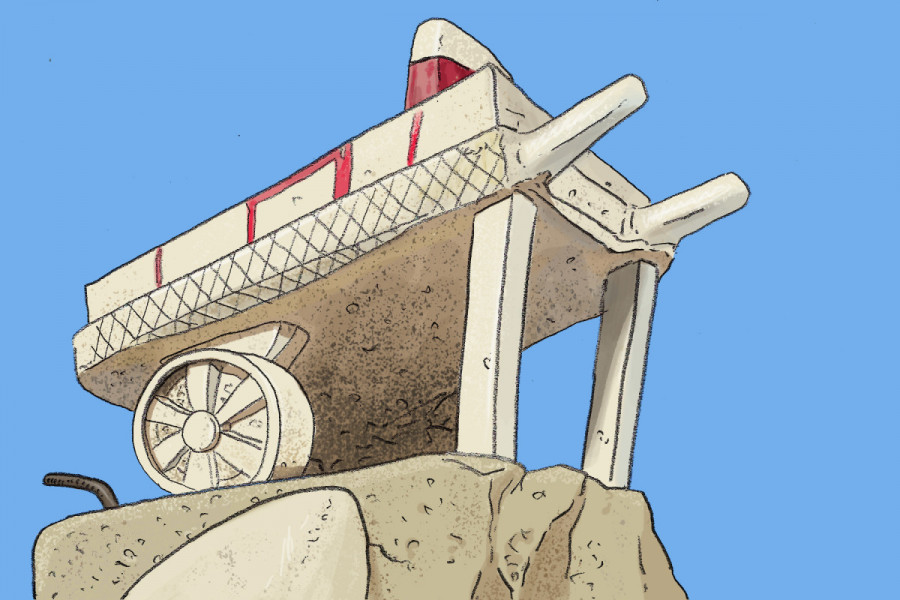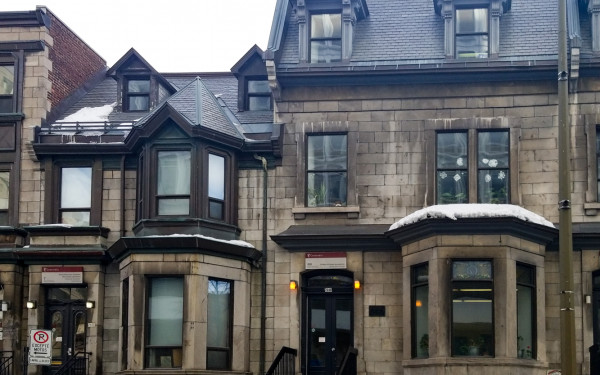People’s History: A decade since the Arab Spring
Revolution through social media
This spring marks the 10-year anniversary of the mass protests, riots, and revolutions that spread among North African and Middle Eastern countries in 2011. The Arab Spring demonstrated the political power that social media can hold. Now, a decade later, Canadians are still impacted by the revolutions that sent ripple effects throughout the international community.
What started off with the self-immolation of a Tunisian street vendor after refusing to pay a bribe would lead to the toppling of dictatorial regimes whose citizens demanded self-determination, political integrity, democracy, and anti-authoritarianism. Protesters in Tunisia, Egypt, Libya, and Syria rallied against their respective autocrats, expressing their discontent with corruption and tyranny in mass demonstrations. This led to the departure of many leaders, including Zine El Abidine Ben Ali (Tunisia), Hosni Mubarak (Egypt), and Muammar Gaddafi (Libya).
While the physical efforts of citizens were localized actions, their network and organization would have an influence on an international level, flaming the fire of manifestations on a global scale.
In his book The Arab Spring, Civil Society, and Innovative Activism, professor of international law and politics Cenap Çakmak of Eskisehir Osmangazi University discussed the influence of social media in the organization and propagation of the Arab revolts.
He asserted that the role of the internet during the Arab Spring was undeniable, claiming it allowed for a “collective activism” that provided information, facilitated mobilization, and promoted dialogue. This created an outlet for creative expression, and advertised fund-raising and resource generation for demonstrations and campaigns.
“Social media has served as an outlet for social movement to propagate ideas, mobilize members for collective action, and coordinate activism,” Çakmak states. “[Social media platforms] enabled reaching out for international support in circumstances where information would not be diffused by the official channels.”
“Social media has served as an outlet for social movement to propagate ideas, mobilize members for collective action, and coordinate activism.” — Cenap Çakmak
The international wave of coordinated activism hit Canada as well, with the Quebec tuition hike protests occurring shortly after the first Arab protests. Social media, including Twitter and Facebook, was used to organize and assemble students together. Dubbed the “Maple Spring” of 2012, young people rallied together to protest government action, injustice, and the suppression of free speech and public congregation.
Concordia political science student Nairuz Al-Maghrawi is one of many Canadians whose life has been directly impacted by the Arab Spring. With her extended family having gone through many hardships during the Libyan revolution, this period is one she is sensitive to.
“My family was completely consumed.” she stated. “My parents were on and off the phone with my relatives back home, at all hours of the day including the middle of the night.”
Al-Maghrawi described the tenseness of her household environment, recalling the constant news and violent sounds from their television set.
“My parents were obviously very distressed, as my extended family were living in the midst of all the chaos,” Al-Maghrawi added.
She remembered being young and uninformed at the time, understanding very little apart from the heavy gravity of the situation. She explained how consoling her parents and family as a 12-year-old was a difficult undertaking. However, it was a tragic event that truly affected her and her family.
“A turning point was with the death of my cousin, Emhemed Almaghrawi, who was shot by a sniper during one of the protests,” she said.
Emhemed was recently married and was expecting a child with his wife at the time, his death was a shock to everyone who knew him, especially Nairuz’ parents.
“It was that much harder for them because they were in Canada, and basically had to grieve with their family through the phone,” she added.
While this tragedy is a part of the Arab Spring that she will never forget, Al-Maghrawi acknowledges the necessity of the revolution in Libya and what it meant for the people involved. The Arab Spring has changed the political landscape in the Middle East. Uncertain of its future, she hopes for stability and recovery for all those still affected by this turbulent period.


_600_832_s.png)




